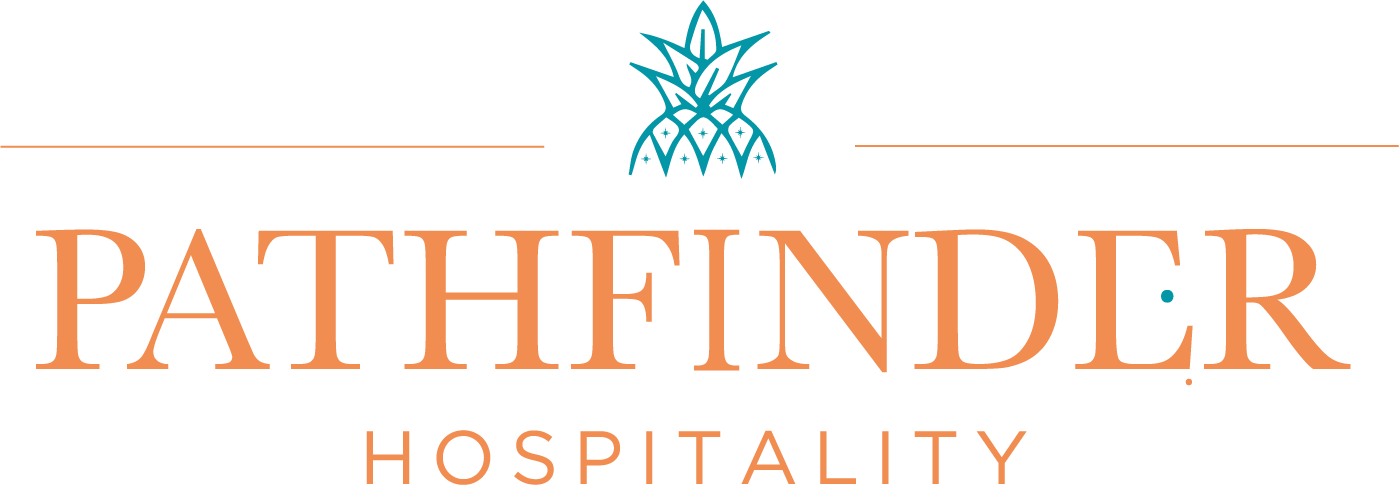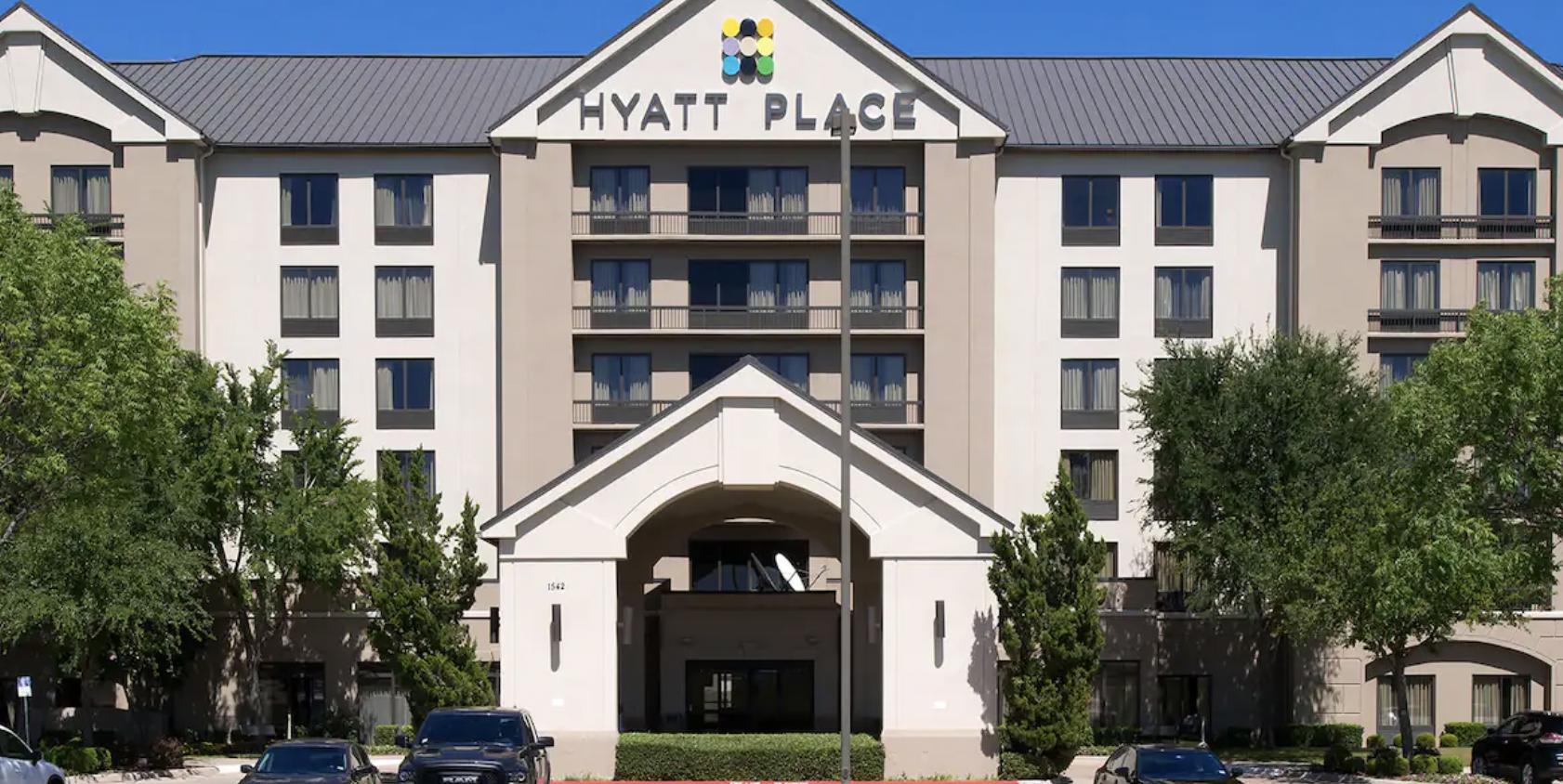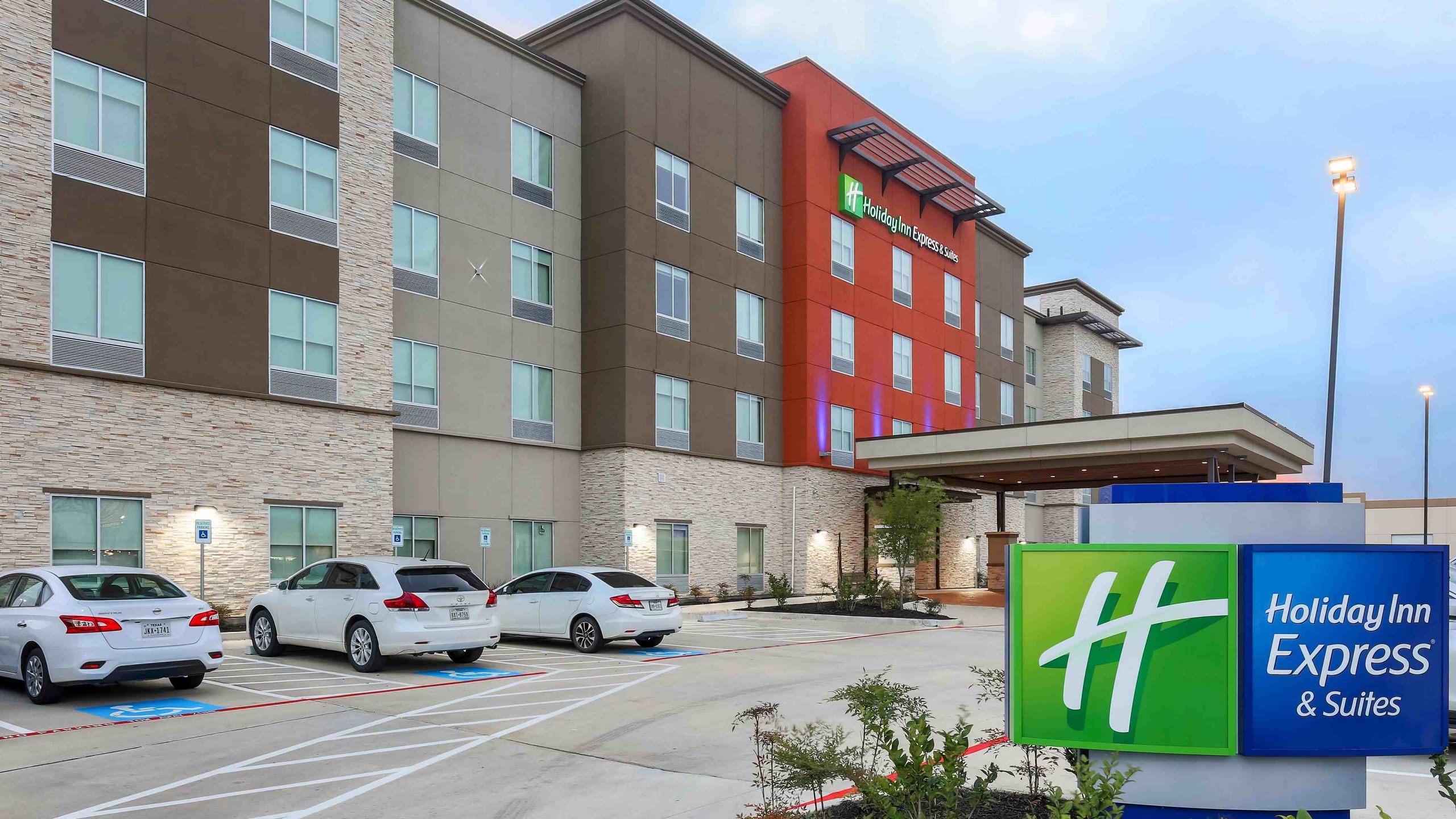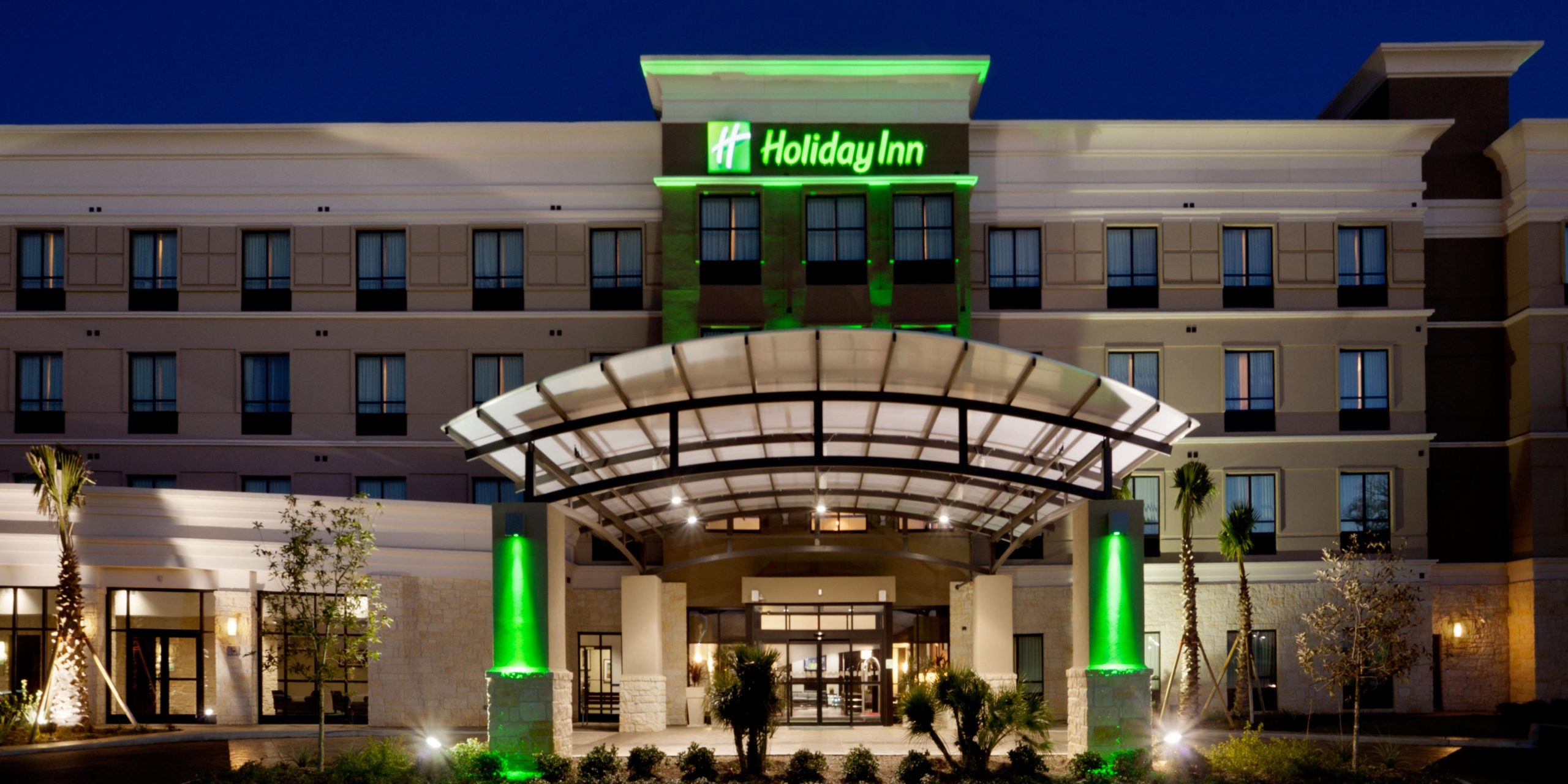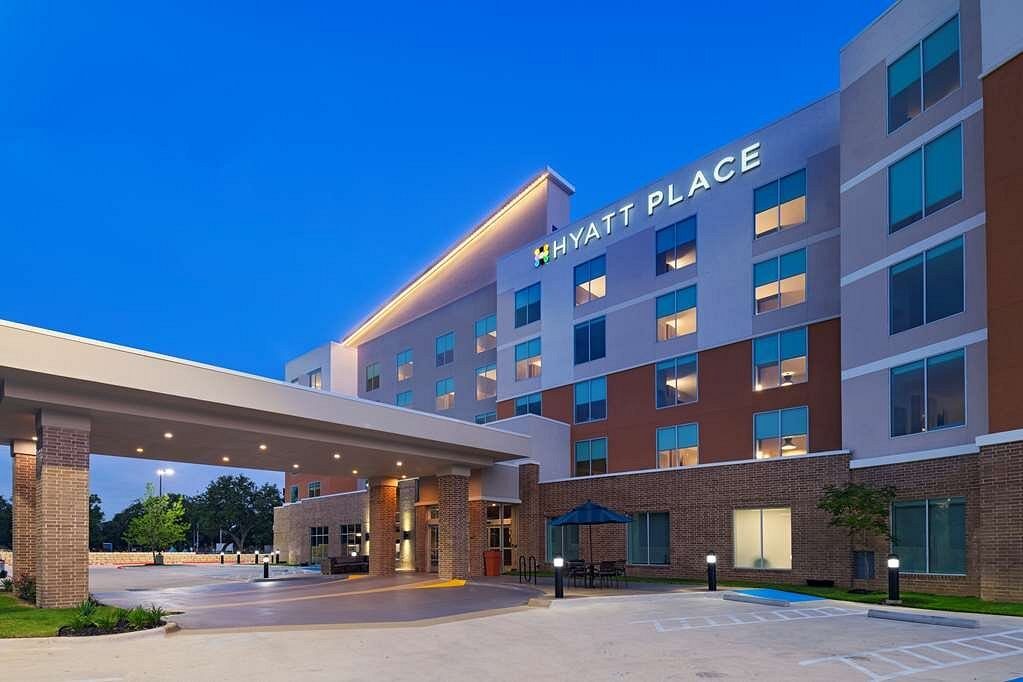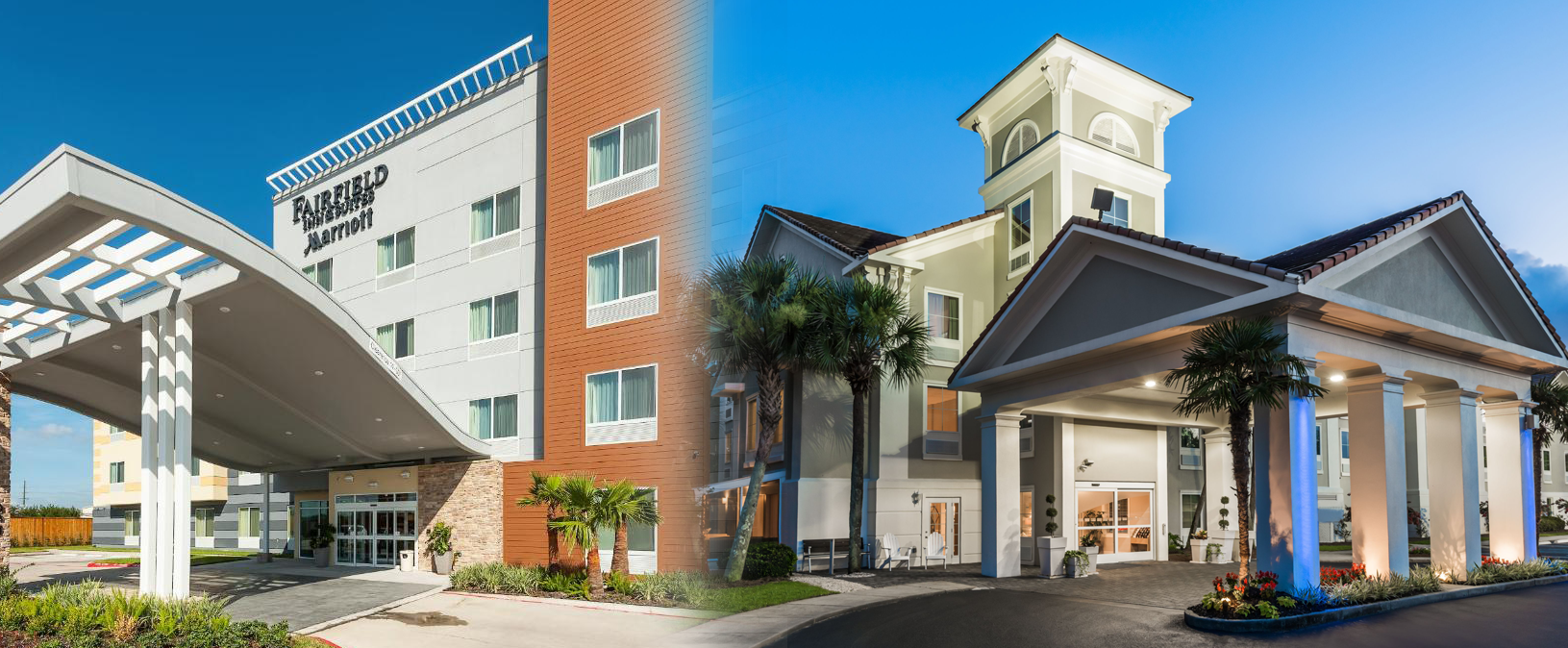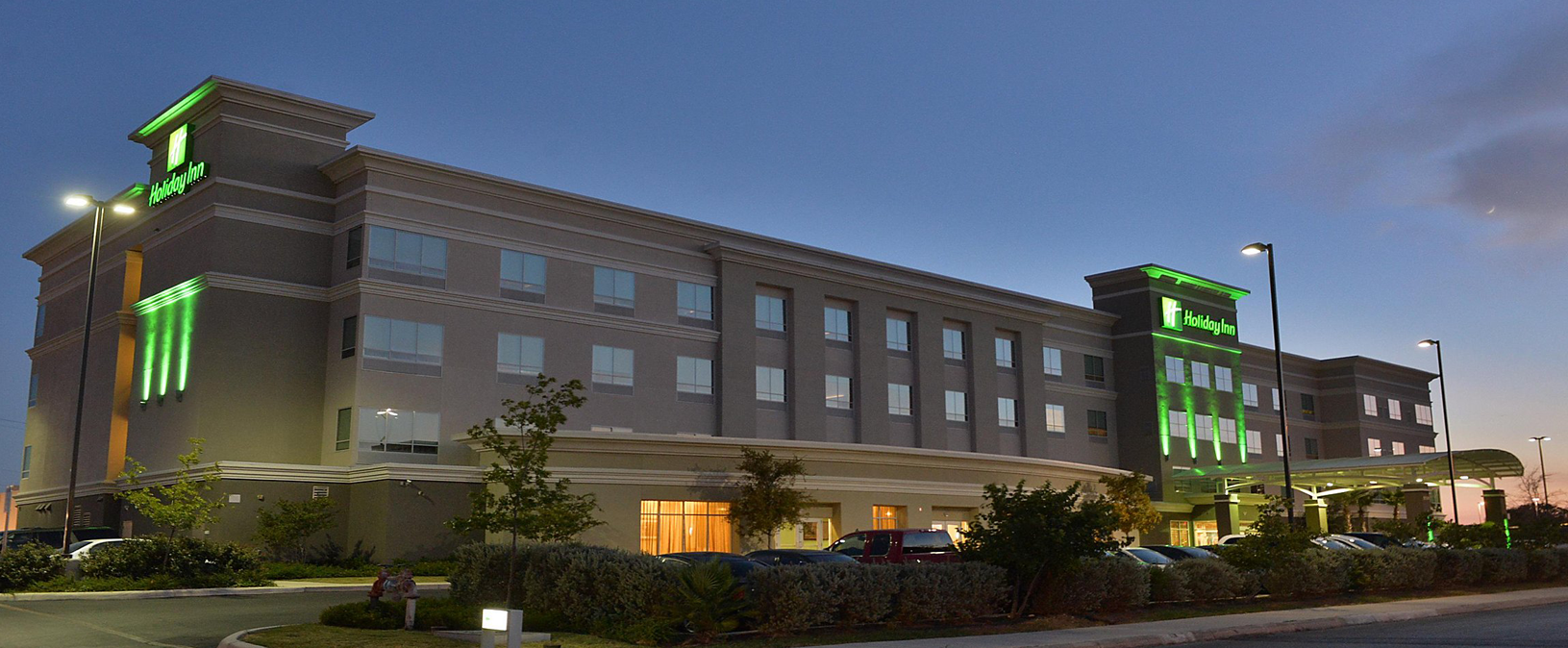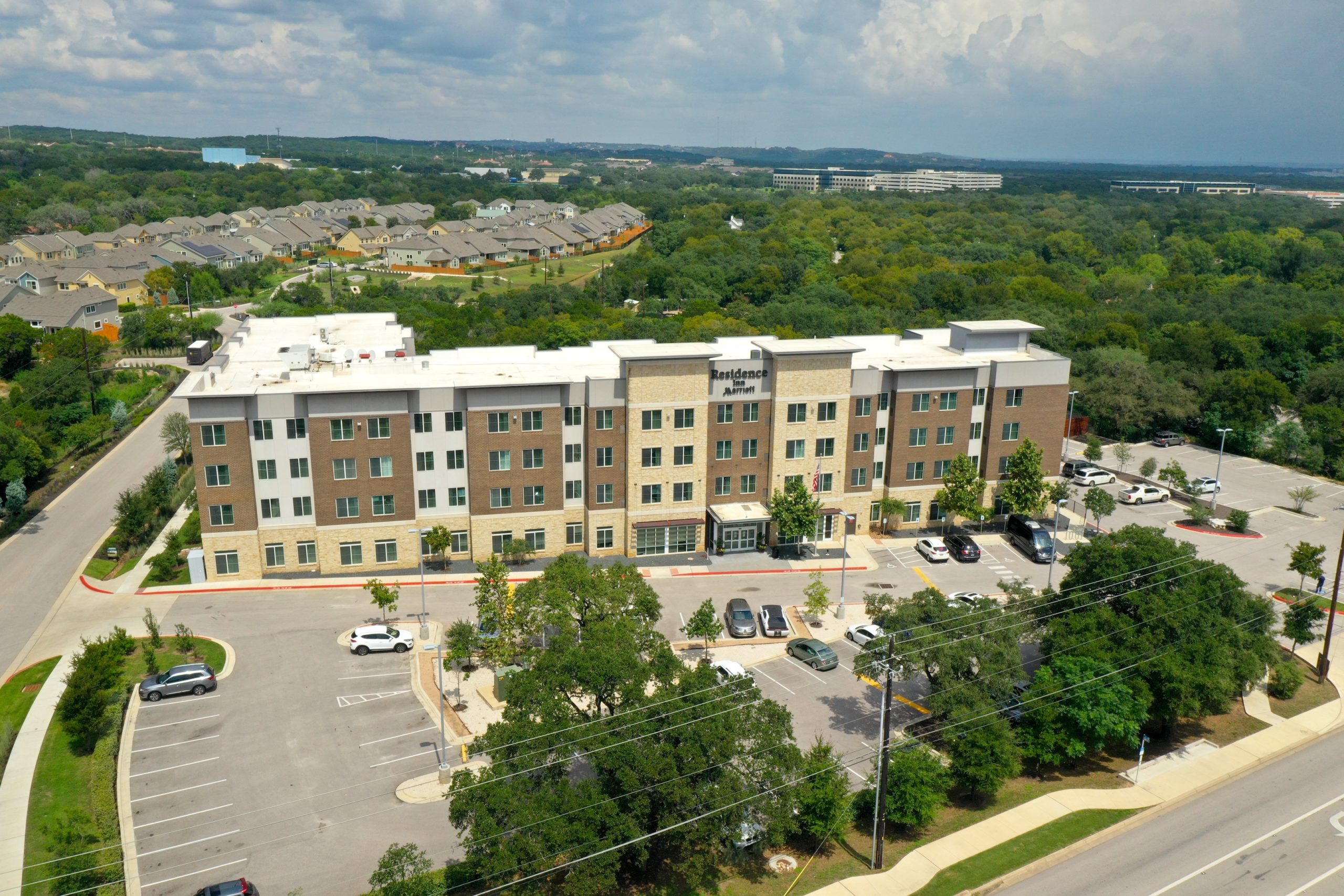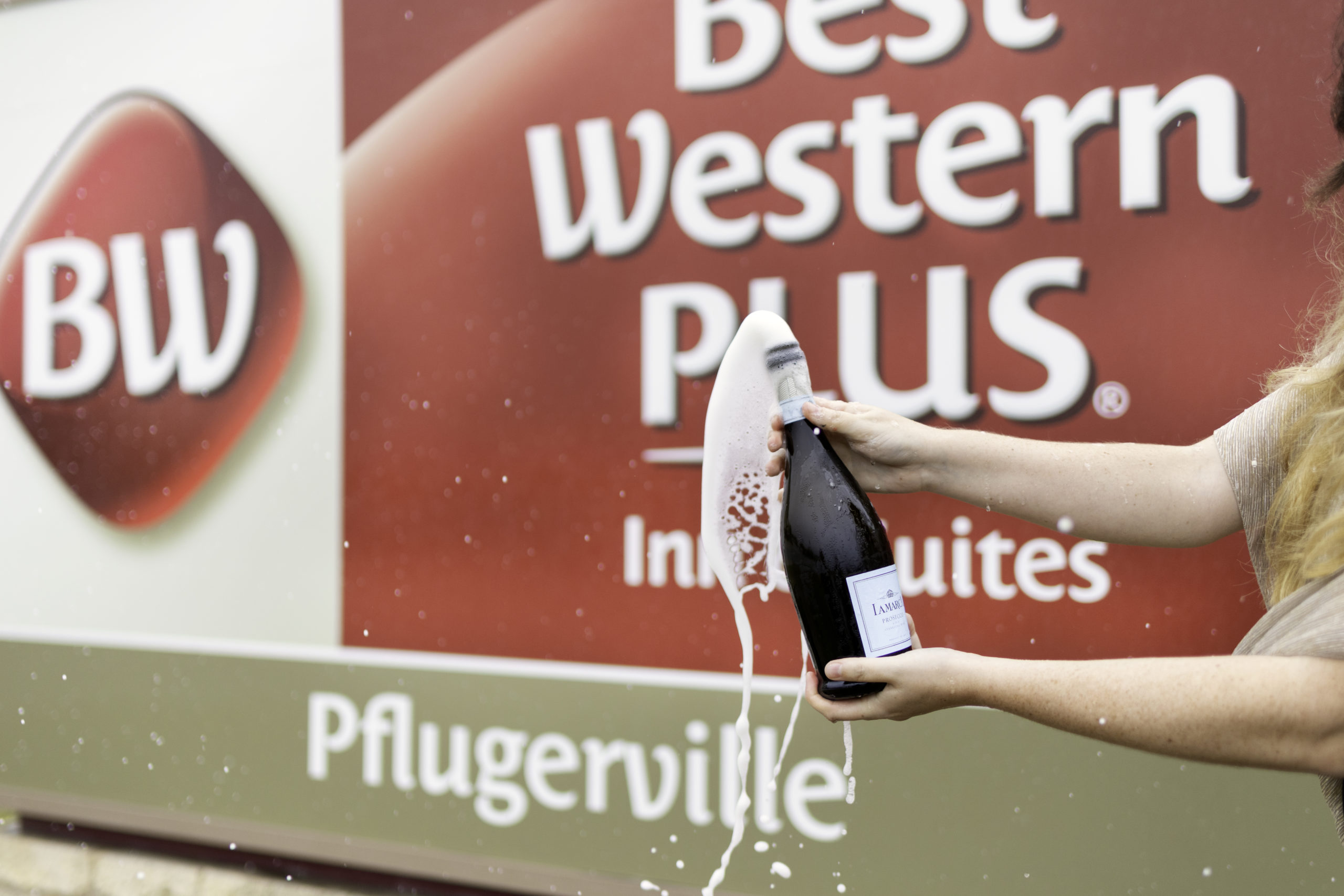Written by Founder & Managing Director, Rahul Bahl
As we all have heard by now, many retail businesses such as restaurants, hotels, and stores are really struggling to recruit enough new team members to support increased demand post-Covid. When obstacles arise in business or in life in general, the path of least resistance is almost always to blame someone else instead of self-reflecting. True self-reflection leads to rethinking previous behaviors and adopting new strategies. In this case of the Post-Covid world, most businesses are blaming the Federal Government’s atypically generous Unemployment Benefits as the reason they can not find the help they need.
Data surrounding the correlation between the extra Unemployment Benefits and the inability of retail businesses to fill job openings is still fairly limited, due to how recent this phenomenon is. According to Econofact, the limited data out there is quite inconclusive. However, the retail industry as a whole is aggressively lobbying with local municipalities and Capitol Hill and the White House to end the extra jobless benefits as soon as possible.
Let’s assume for a minute that the theory of excessive unemployment benefits incentivizing would be-workers to stay home is 100% true. For this to be true, a worker is making the financial decision that a little bit of temporary pay increase from the Government is superior to a long term job with slightly less pay but much more stability, upwards earning potential from career advancement opportunity and the sense of fulfillment that can come from providing a product or service that enhances a customer’s life.
Most economists and financial advisors would probably consider that a questionable, if not outright poor financial decision. If ending excess benefits unleashes this subset of the workforce, what does the outcome really look like? Is this the talent pool businesses really think will solve their current issues? The worker who would rather eat potato chips and watch Netflix than work is going to make their business better ?!
At Pathfinder Development, our Director of People and Development has helped shape a culture that emphasizes passive candidate recruiting and maximizes the reach available to us by tapping into the social and professional networks of current Team Members. We were inspired many years ago when we learned that great companies strive for 35-45% of new hires to come from referrals and adopted this as one of our key goals.
The preponderance of psychological research suggests that compensation is an important element of a worker’s motivation, but that many other factors also come into play. Daniel Pink has written several best-selling books on business and the motivations of human behavior. In these books, Pink offers evidence to support the theory that “intrinsic” or non-financial motivations such as autonomy, mastery (the desire to improve) and a sense of purpose are just as, if not more important, than pay. A recent study from the Army analyzed 11,320 cadets entering classes at the US Military Academy at West Point. Cadets with a primary motivation of compensation were less likely to graduate and become commissioned officers than Cadets whose primary motivations were intrinsic, such as learning from Superiors and becoming a leader.
Perhaps what there is really a shortage of is not competent and motivated workers but of good work environments. When a company does not provide a sense of purpose to its employees, doesn’t focus on teaching and developing them, and grants them limited autonomy, it can not logically expect the many who are intrinsically motivated to flourish, become the best versions of themselves and shine for their organizations.
One of the more egregious examples of the shortage of quality working environments is the handling of mask-wearing requirements. In accordance with CDC recommendations, the vast majority of retail establishments do not require vaccinated guests to wear masks. However, most retailers, initially still required Team Members to wear masks whether they were vaccinated or not. Many still in fact require Team Members to wear masks. What does it say about how much you value your Team Members when they aren’t treated with the same level of trust that your guests are? Why would you expect a Team Member treated this way to love his/her job?
Businesses should self-reflect and stop asking “When is the government going to stop the excess UE benefits?” and ask “Why would a Team Member want to work here?” The more the latter question is explored, the closer a company can get to developing an environment where people wouldn’t see a slightly higher rate of temporary Government benefits as worth giving up the overall benefits of being employed.
After all, our ultimate long-term business success will come from leaders who are intrinsically motivated because they wind up being more successful than people only it for money – and their companies are better for their presence. We need more of them and to do that, we have to be fishing in the right talent pool. For most of us, we actually already have a great internal talent pool but struggle to access it. Studies by Gallup have indicated that only 29% of American workers are engaged at work. If 71% of your Team Members are unengaged, the opportunity to grow your business value by doing the hard work necessary to determine what it would take for the 71% majority to be more motivated. But do we have it in us to accomplish this? Or should we rely on our Government policies? The choice is ours – as will be the consequences of the route we pursue. It seems more rational to put your faith in yourself than an outside entity as flawed as our Government.
We feel very blessed at Pathfinder Development that we aren’t facing the labor challenges the retail industry is as a whole. It is a testament to the integrity of everyone on the Pathfinder Team that short-term excess Government benefits have tempted very few of our Team Members to leave for another job or stay home. A few years ago, we evolved into a company that emphasized the empowerment of our Team Members as a bedrock of our culture. As we gave Team Members a more and more prominent seat at the table through activities such as Committees designed to reshape the company and accelerate personal and career growth, Platinum Service became not just a virtue we sought to provide to external guests but to internal guests (Team Members) as well.
For Pathfinder Development, investing in people’s well-being has proven to not only be the right thing to do ethically, but also a good business decision. We can say with strong conviction that any business who dares to make this part of their cultural foundation, will see labor not through the lens of a transactional hassle but as an opportunity to transform themselves into an organization whose biggest strength is creativity and passion of their people.
_______
Pathfinder Development was founded in 2005 and currently manages 6 hotels in Texas with a 7th in the works. These hotels include Residence Inn by Marriott in Southwest Austin, Holiday Inn Express & Suites in Austin Arboretum, Staybridge Suites in Humble/Houston, Staybridge Suites in NASA/Clearlake, Holiday Inn Express & Suites in Houston, and Hampton Inn in Port Arthur. Our 7th incoming hotel will be the Aloft in Southwest Austin.
Our mission: To provide best in class hospitality by delivering memorable experiences, enriching the lives of others, investing in our teams, and creating high-value growth for all stakeholders.
Our vision: To expand the reach of our unrivaled hospitality.
Follow us on Social Media:
Facebook: https://www.facebook.com/PathfinderDev
Instagram: https://www.instagram.com/pathfinderdev
LinkedIn: https://www.linkedin.com/company/pathfinderdev
